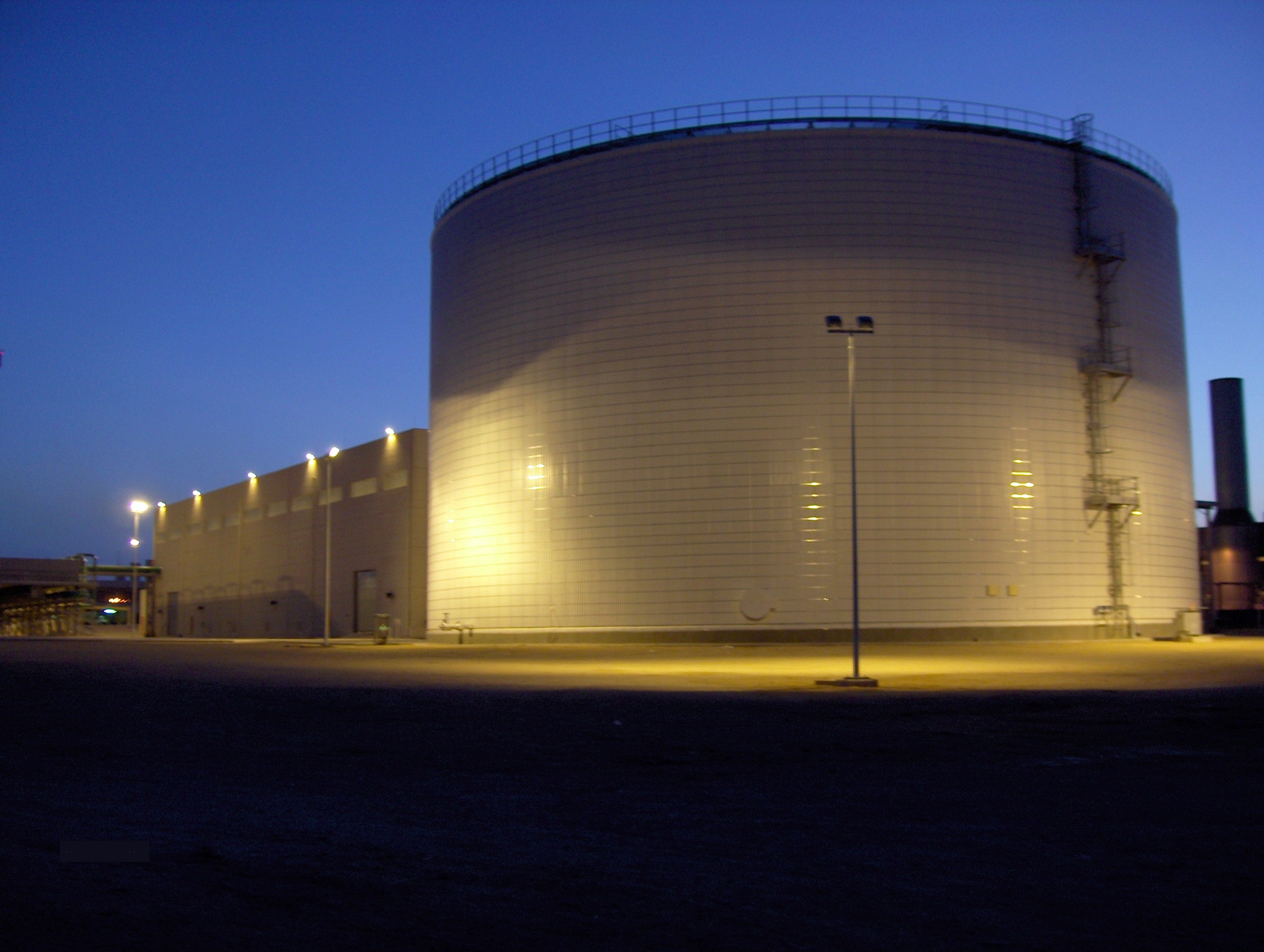In recent years, turbine inlet air chilling (TIAC) has become a highly reliable method of enhancing power plant performance by increasing the output and efficiency of combustion turbines during periods of high ambient temperature. This is typically achieved either through mechanical or absorption chilling and involves supplying chilled water (or an alternative fluid) to the heat exchanger in the filter house of the combustion turbine, thereby cooling the inlet air which raises its density and increases mass flow rate through the compressor.










